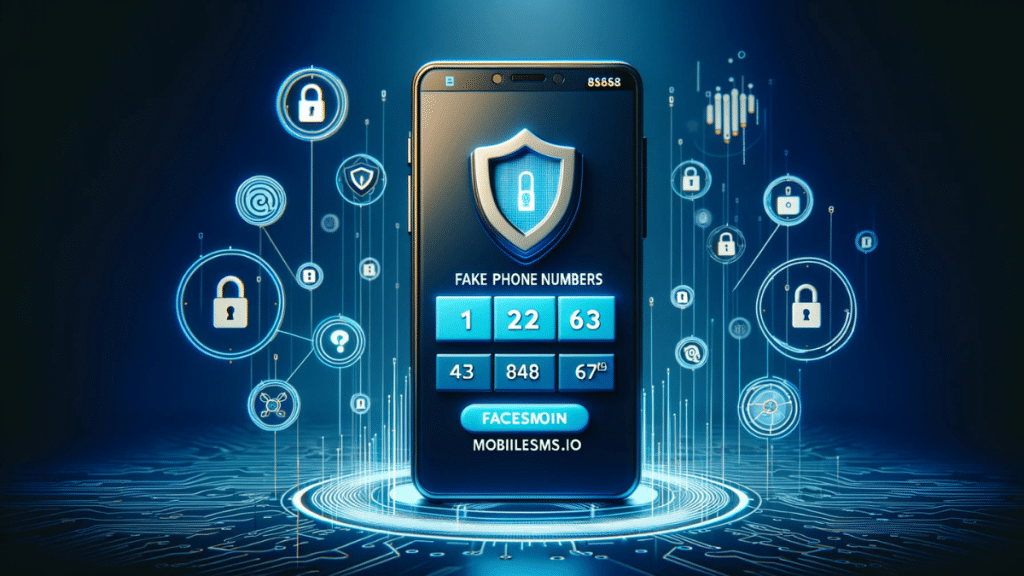Your phone number was never meant to be a universal ID, but that’s exactly what it has become. It’s the credential companies use to verify who you are, the detail you hand over to strangers when buying or selling online, and the key for two-factor authentication for sensitive accounts.
The problem is that the same number is now also one of the easiest ways for spammers, scammers, and data brokers to reach you. This predicament has fuelled the rise of the phone number generator. This service lets users create temporary or alternate numbers that work just like the real thing, only without exposing personal information.
It was a niche solution for online classifieds and dating apps. But today, it has grown into a mainstream privacy shield for consumers and businesses trying to manage digital risk.
Keep on reading if you want to know why phone number generators are now the new privacy shields that safeguard you in the modern world. As we will explore the rise of digital autonomy, why phone number generators matter, their potential drawbacks, use cases in real life, and what they mean for the future.
The Rise of Digital Anonymity
Ten years ago, you might have guarded your Social Security number as your most sensitive piece of data. Today, for many people, it’s their mobile number. Banks, retailers, and tech platforms all want it, and once it’s out there it’s difficult to claw back.
Disposable and virtual numbers are filling that gap. They give users a way to interact with the digital economy without turning every transaction into a permanent entry in a database. A temporary number can be generated in seconds, used for a delivery app or subscription service, and then retired once it has served its purpose.
Why Businesses Care
Companies are paying attention to the shift. Customer service operations now use number generators to issue local or toll-free lines for regional markets, helping build trust with customers who prefer to see a familiar area code. Marketing teams deploy them to track campaign effectiveness, assigning different numbers to different ads and monitoring which ones drive calls.
At the same time, businesses are recognizing that privacy has become a selling point. Just as browsers introduced private modes and email services rolled out temporary addresses, phone number generators are evolving into standard features for customer-facing platforms.
Ride-hailing companies and delivery apps, for example, often mask the driver’s and rider’s numbers by routing calls through generated lines. The communication feels seamless, but the real numbers stay hidden.
The Dark Side
Like any technology, phone number generators can be misused. Fraud rings exploit them to bypass verification systems or flood consumers with robocalls. Regulators and carriers are working to keep up, layering in caller ID verification systems like STIR/SHAKEN in the US.
Still, the balance between privacy and abuse prevention remains a work in progress. This dual reality is what makes the debate around number generators so nuanced. They offer genuine protection for ordinary users who are tired of unwanted calls and wary of data leaks.
At the same time, they pose challenges for platforms that rely on phone numbers as a gatekeeping tool.
Everyday Scenarios Where They Matter
For most consumers, the appeal is practical. A phone number generator can:
- Protect your personal number on dating apps.
- Provide a throwaway line when testing new services.
- Help manage multiple roles — personal, business, freelance — without carrying multiple devices.
- Add a layer of security when dealing with online marketplaces.
These use cases may feel minor in isolation, but collectively they add up to a shift in how people think about identity online. Instead of a single static number tied to every corner of their digital life, individuals are starting to see the value in compartmentalization.
The Bigger Picture
The phone number generator is part of a broader trend toward digital minimalism in identity management. Just as people are more cautious about sharing their location data or email, they’re rethinking whether giving out their mobile number is worth the risk.
This shift dovetails with growing global concern about data privacy, from Europe’s GDPR to new state-level privacy laws in the US. For businesses, the takeaway is that trust is becoming a differentiator.
Offering customers the ability to communicate without oversharing personal data could be as important in the next five years as offering free shipping was in the last five.
Conclusion
Phone numbers were never designed to carry the weight they do today. They’ve morphed into almost like digital passports, identifiers that tie together everything from bank accounts to ride-hailing profiles. That makes them both indispensable and vulnerable.
They aren’t a cure-all, but they’re quickly becoming a practical shield for anyone who wants to stay connected without giving away too much. In a digital economy where privacy is hard to come by, they offer something increasingly rare: control.
